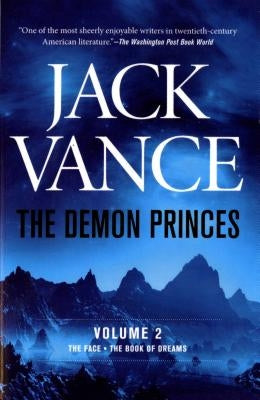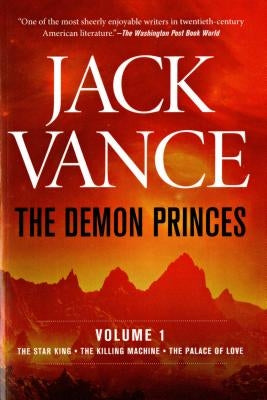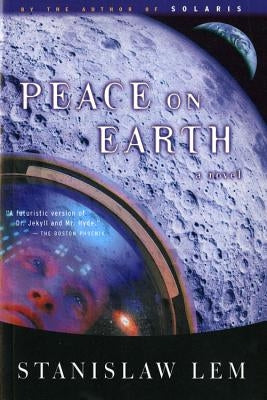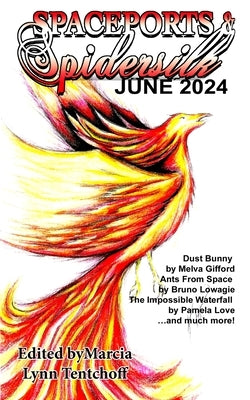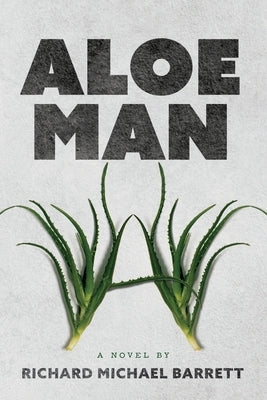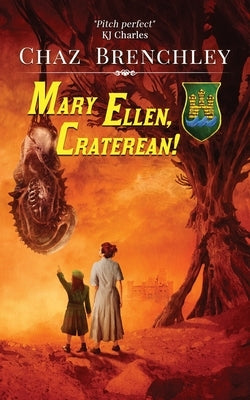The New World
$18.00
The Crystal World
$17.00
Railsea
$15.99
Wards of Faerie
$8.99
Already Dead
$16.00
The Scions of Shannara
$8.99
Dimension W, Volume 1
$13.00
Water Planet Rescue
$5.99
Take Back the Sky
$21.99
172 Hours on the Moon
$36.99
Daniel X: The Manga, Vol. 1
$13.00
More Tales of Pirx the Pilot
$18.95
The Chain of Chance
$15.00
Kiffe Kiffe Tomorrow
$18.99
Peace on Earth
$14.95
Towing Jehovah
$19.99
Singularity
$8.99
The General Zapped an Angel
$19.99
The Life Below
$18.99
Fugitive Six
$11.99
The Ark Plan
$9.99
Unplugged
$9.99
Requiem
$18.99
Ghost Country
$8.99
The Best of Everything
$18.99
The Average American Male
$17.99
Afflicted
$29.99
Trilogy the Heavenly Legion
$18.99
Aloe Man: A Novel By
$13.99
Here There Be Dragons
$14.95
Mary Ellen, Craterean!
$22.00
A Psychology of Insects
$16.99





















